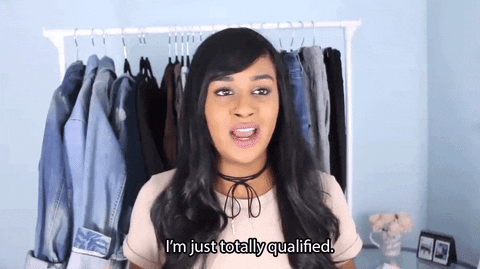From exercising organs to “hacking” menstrual cycles, there’s a ton of terrible medical advice on the internet… which is why YouTube is moving to certify channels of licensed professionals like doctors, nurses or therapists who produce health-related content.
Why it matters: About 80% of people look for health information online, according to the National Institute of Health. Since most qualified medical professionals don’t have a massive YouTube following, it leaves room for untrained people to spew out advice online.
- There’s a growing trend of healthcare professionals who create content that “de-bunks” bad advice, but it’s hard for everyday people to asses what’s true.
Catch-up: Last year, YouTube introduced a special label for healthcare professionals working for institutions like schools, public health departments, hospitals, and governments.
- The company is now expanding the program to all US-based health creators, who will earn both a certification label and a one-way ticket to the top of search results.
Yes, but: It’s not yet clear whether those certified by the program will be able to monetize from Youtube in the same ways they could before, which rewards the most engaging (often meaning polarizing or controversial) content to increase views.
Zoom out: YouTube’s new guidelines prohibit posting “misinformation that may cause harm to an individual’s health, such as misleading information about medical treatments,” but as we’ve seen with the surge in TikTok medical advice, that may prove difficult to enforce.
